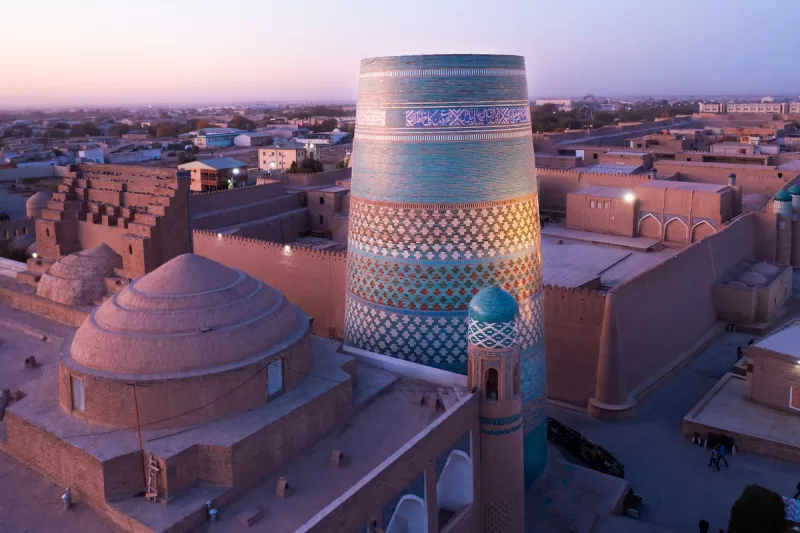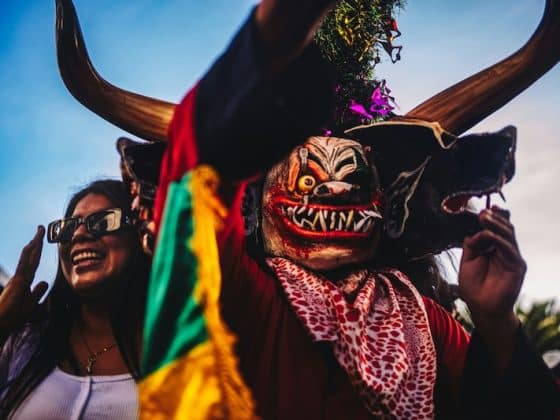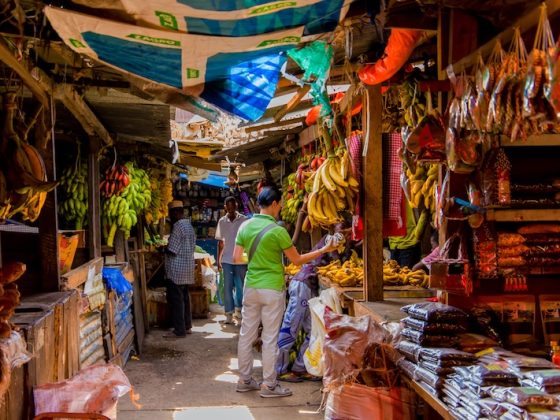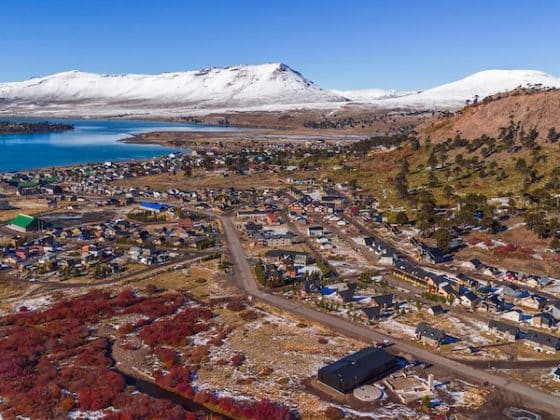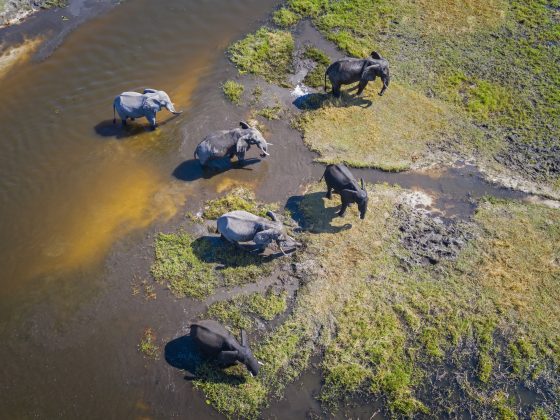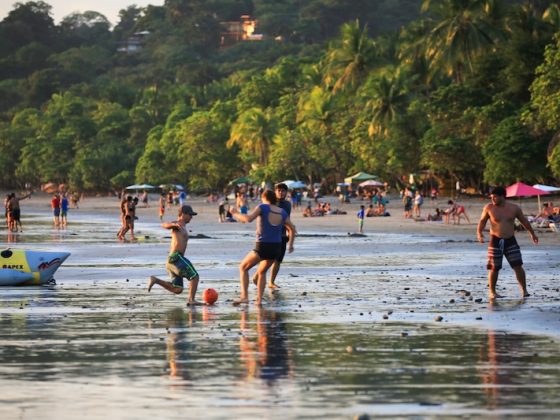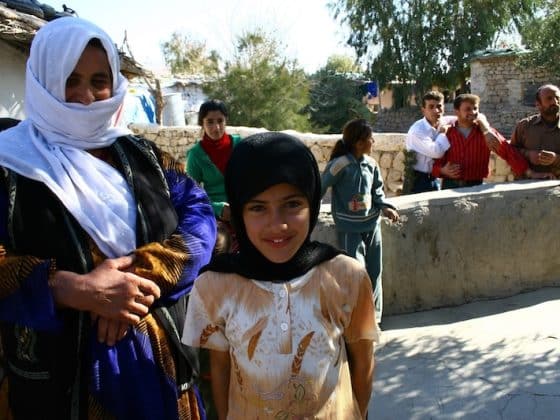It’s estimated that roughly 5 million British people live abroad. The vast majority settle in countries like Australia, Spain, Canada, and the USA. The standard of living in Britain is relatively high and work is generally available, yet many people still feel an insatiable desire to leave its shores and build a life elsewhere. People move abroad for countless reasons—work, adventure, change, or simply to escape the British weather. But, one place that rarely springs to mind as a dream relocation destination is the former Soviet republic of Uzbekistan.
Living in Uzbekistan
Central Asian countries such as Georgia, Kazakhstan, and Uzbekistan have become increasingly popular travel destinations in recent years. For many, they represent a raw and undiscovered part of the globe, largely untouched by mass tourism—a blank space on the map that holds real allure.
Tourism figures are climbing, but there are still few Brits lining up to emigrate and settle in places like Uzbekistan—save for the occasional outlier.
Read more like this: Staying in One Country Could Be Your Biggest Financial Risk
One such exception is Joey, a schoolteacher from the East Midlands. In his mid-twenties, he moved to Tashkent, Uzbekistan’s capital city, on a temporary work placement. He ended up falling in love with the country—and discovering just what it has to offer.
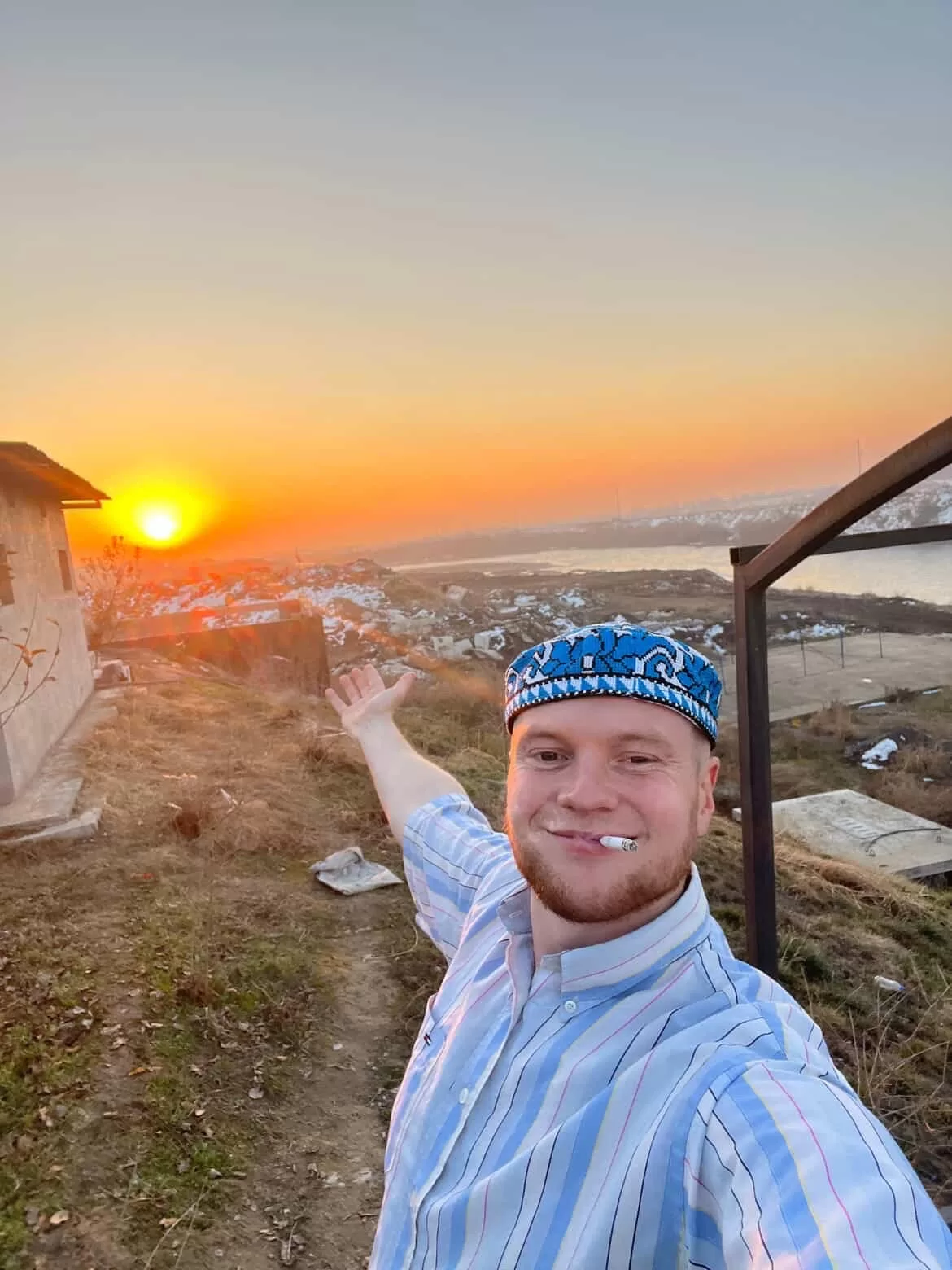
Hospitality From the Start
For Joey, the obscurity was part of the appeal living in Uzbekistan.
“Originally I chose Uzbekistan out of curiosity,” he tells me. “I’ve been lucky to travel quite extensively and now find myself in a position where I can work abroad, but Central Asia has always been a blank spot on the map. Uzbekistan stood out. It wasn’t part of some big plan; it was more of a gut instinct to try something different—and I’m glad I trusted it.”
Living in Uzbekistan, Joey encountered a country still marked by the brutalist gray architecture of its Soviet past, but also alive with brightly colored mosques, ancient buildings, and traditional crafts.
He remembers the hospitality most: “You’re constantly being offered tea, invited into homes, or helped out by complete strangers.” Teahouses, or chaikhanas, remain a central part of social living in Uzbekistan, serving as cultural hubs for storytelling and conversation.
Of course, the romanticism of emigrating anywhere can quickly be crushed by bureaucracy. Simple things like visas, work permits, or registrations can take weeks to process, Joey explains. But the warmth of the people often counteracts the red tape, as locals are eager to help newcomers navigate the system.
“You’re constantly being offered tea, invited into homes, or helped out by complete strangers.”
Read more like this: The World’s Most Beautiful Countries
A City of Contrasts
Tashkent, the capital, felt modern and safe to Joey. The culture shock was less severe than he expected, and once he settled in, he discovered a thriving, vibrant city.
“Hip cafés, shopping centers, good coffee—even the same international pop songs playing in the background,” he laughs. “Seeing all the teenagers glued to TikTok and Instagram made me feel closer to home.”
This is the paradox people often mention about Tashkent. In some ways it feels worlds apart from the West with its slower pace, traditional crafts, and ancient mosques—but it also has glass skyscrapers, ride-sharing, food delivery apps, and all the modern comforts of Europe in 2025. The ancient and the modern coexist in near-perfect harmony.
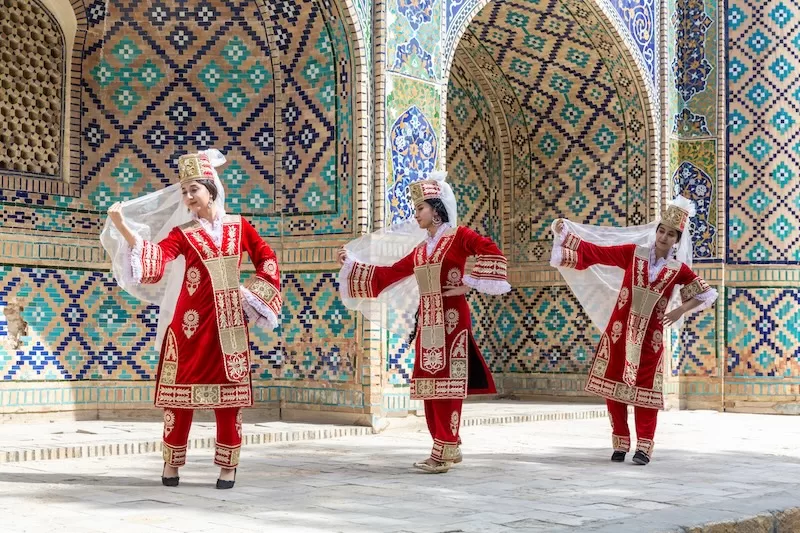
Daily Life, Safety, and Costs
“Life in Uzbekistan is slower and more relaxed, but there’s still a vibrant city life,” Joey says. “There are great restaurants and cultural events.”
The streets in Tashkent are famously clean—cleaner, he notes, than many European cities. This is often attributed to the strong sense of civic pride: in many Central Asian countries, it’s considered your duty to maintain the cleanliness of your entire street, not just your own house.
The cost of living in Uzbekistan is remarkably low by European standards. One estimate suggests a monthly budget for a single person in Tashkent averages about £400 for rent, £160 for food, and £15 for public transport. That’s less than £600 a month in total, while the average local salary sits around £800.
One estimate suggests a monthly budget for a single person in Tashkent averages about £400 for rent, £160 for food, and £15 for public transport. That’s less than £600 a month in total, while the average local salary sits around £800.
Read more like this: The Top Expat Destinations 20 Years From Now
Building Love and Connections
There’s a growing expat community in Tashkent, including teachers, NGO workers, and entrepreneurs, though the city is still 99.2% composed of Uzbeks or other regional ethnicities. For Joey, this was part of the appeal.
“It felt like you were part of something unique rather than blending into an expat bubble,” he says.
The language barrier can be a challenge, as most people speak Uzbek and English isn’t widely used—though that is slowly changing.
Joey’s experience shifted when he met his now-wife. What began as a temporary assignment suddenly became the foundation of a new life.
Read more like this: Where Expats Are Moving to Keep More of Their Money
“Things got even easier after I met my wife,” he says. “Suddenly it wasn’t just about me adjusting to a new country. We were navigating it together.”
Things got even easier after I met my wife,” he says. “Suddenly it wasn’t just about me adjusting to a new country. We were navigating it together.
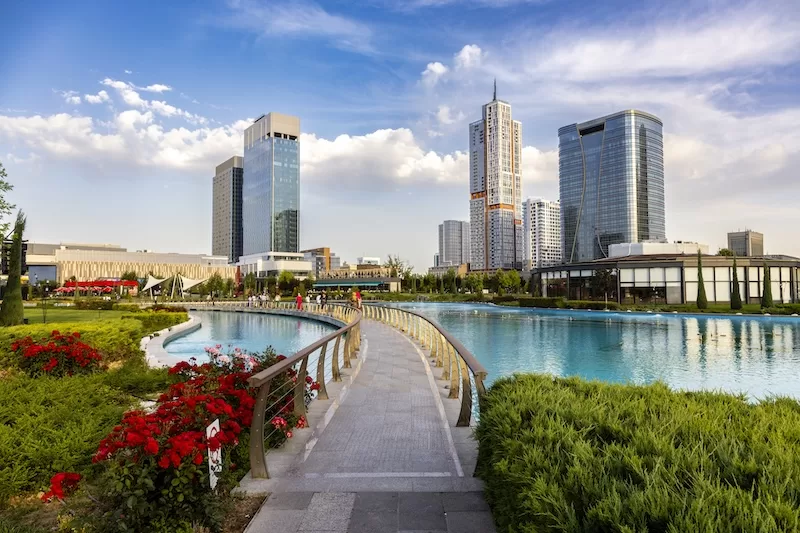
Uzbekistan’s Living Heritage
As Joey settled further into living in Uzbekistan, he became captivated by its rich history. While Tashkent has the feel of a modern city, just three hours away lies Samarkand—the oldest continuously inhabited city in Asia, with mosques dating back over 1,000 years.
“Uzbekistan stood out with its mix of Soviet legacy, Islamic architecture, and Silk Road history,” Joey reflects. Soviet mosaics, ancient mosques, and bustling bazaars sit right next to hipster coffee shops.
“Uzbekistan was different from what I expected—in a good way,” he says. “I thought fitting in might be harder, but the welcoming culture and everyday life were easier to adjust to than I imagined. It definitely became a livable place for me, somewhere I felt comfortable and engaged—not just passing through.”
While the standard of living is lower than in the UK, it is steadily improving. Joey found the sense of community and slower pace of life not only refreshing but grounding—and enough to make him stay.
“More people should be open to exploring places not yet on everyone’s radar,” he says. “Uzbekistan surprised me in the best possible ways, from the warmth of the people to the depth of the history. It challenged a lot of my assumptions and gave me a different perspective on what ‘home’ can look like.”
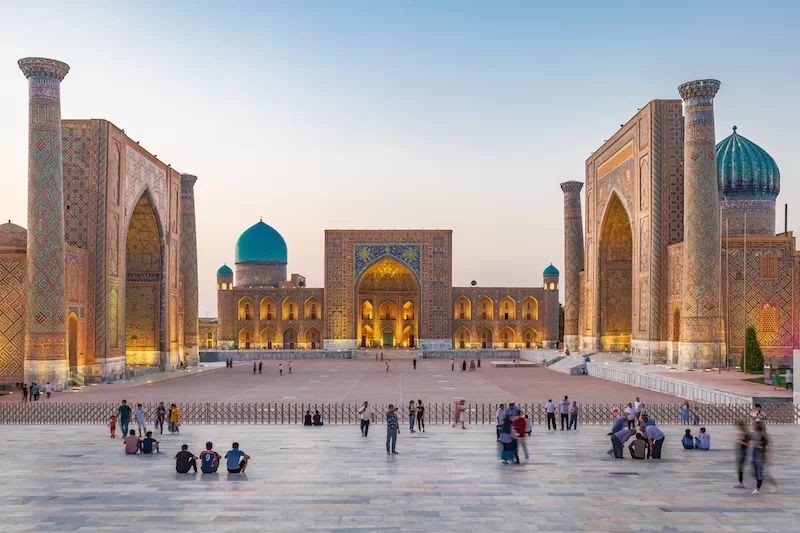
Frequently Asked Questions About Living in Uzbekistan
1. Is Uzbekistan safe for expats to live in?
Yes, Uzbekistan is considered safe for expats. Crime rates are relatively low, and locals are welcoming. As in any country, it’s wise to stay aware of your surroundings, especially in big cities.
2. What is the cost of living in Uzbekistan?
The cost of living in Uzbekistan is lower than in many Western countries. Housing, transportation, and groceries are affordable, though imported goods can be more expensive.
3. Can foreigners buy property in Uzbekistan?
Foreigners generally cannot buy land in Uzbekistan but can lease property for long periods. Some investment opportunities are available depending on residency status.
4. Do people in Uzbekistan speak English?
English is not widely spoken outside major cities. Uzbek is the official language, and Russian is commonly used. Learning some basic phrases in Uzbek or Russian is very helpful.
5. What is healthcare like in Uzbekistan?
Public healthcare is available but limited in quality. Many expats prefer private clinics or travel abroad for specialized treatments. Health insurance is highly recommended.
6. How easy is it to get a visa or residence permit in Uzbekistan?
Uzbekistan offers an e-visa system for short stays. For long-term residence, expats usually apply for work permits, investor visas, or family reunification visas.
7. What is daily life like for expats in Uzbekistan?
Daily life combines rich cultural traditions with modern conveniences. Expats enjoy vibrant markets, historical cities like Samarkand and Bukhara, and a growing expat community in Tashkent.
8. Is it easy to connect with other expats in Uzbekistan?
Yes, especially in Tashkent. Social media groups, international schools, and expat clubs organize events and provide networking opportunities.
About the Author
Ethan Rooney is an Irish journalist covering global communities, culture, and niche movements.
Contact Author
"*" indicates required fields
Stay Ahead on Every Adventure!
Stay updated with the World News on Escape Artist. Get all the travel news, international destinations, expat living, moving abroad, Lifestyle Tips, and digital nomad opportunities. Your next journey starts here—don’t miss a moment! Subscribe Now!
